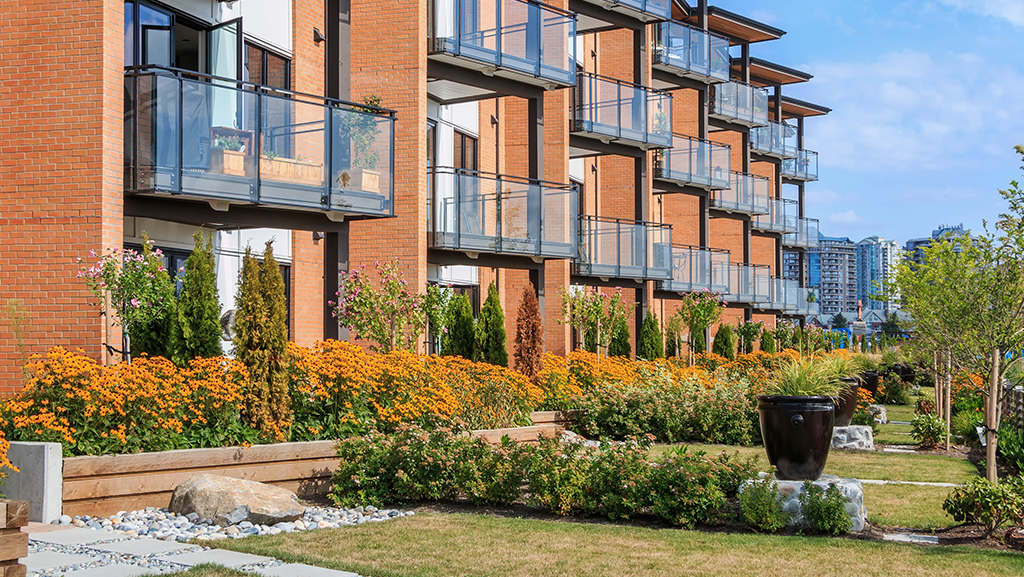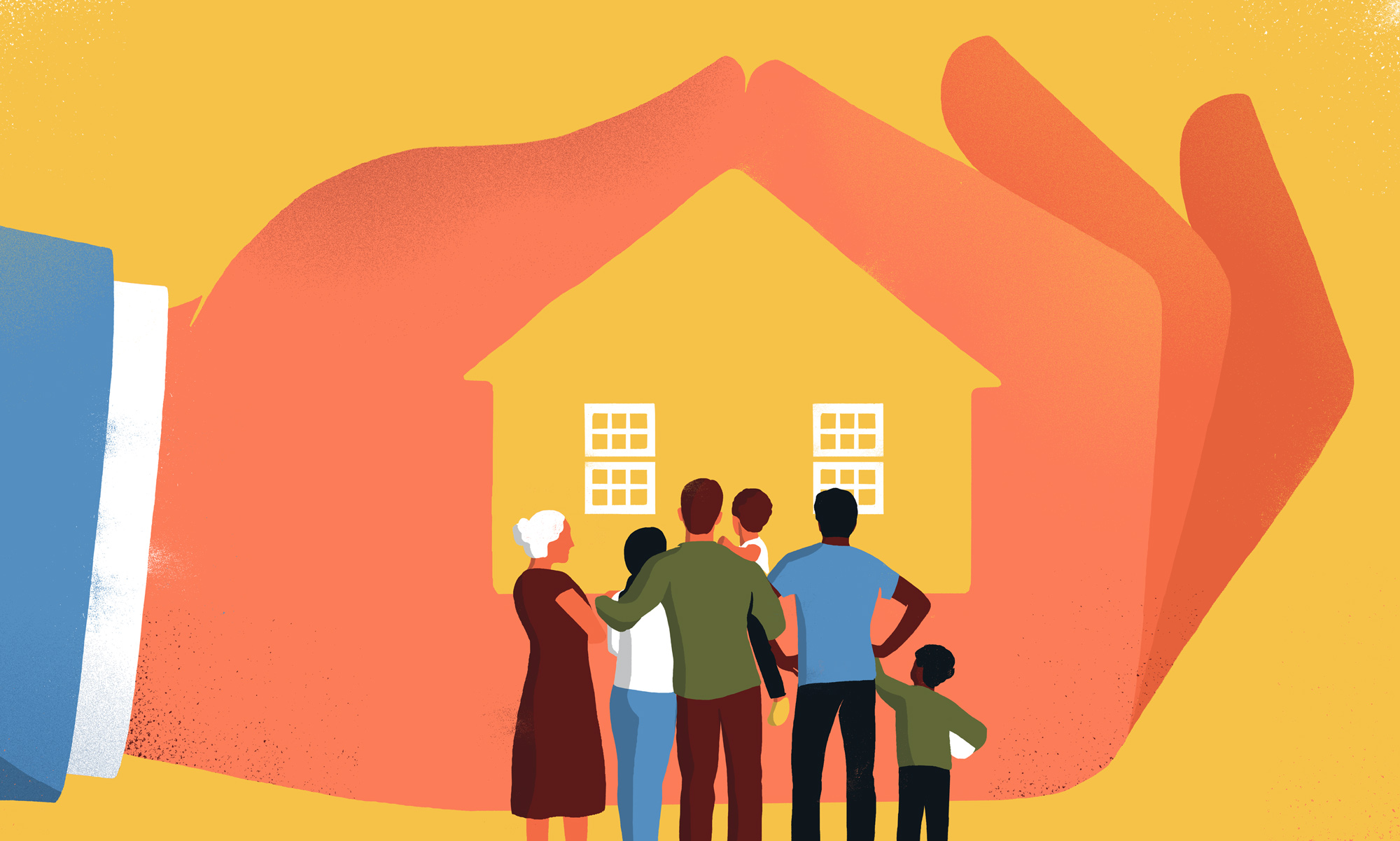Inexpensive Homeownership Options for First-Time Homebuyers
As the real estate market continues to evolve, new homebuyers deal with one-of-a-kind challenges in protecting affordable homeownership choices. Various resources, consisting of entitlement program programs, low-down-payment home loans, and targeted gives, have actually emerged to relieve monetary pressures. These initiatives not only promote homeownership but additionally foster community security and financial growth. Browsing these alternatives can be complicated, and understanding which paths are most beneficial needs careful consideration. What strategies can potential home owners employ to maximize their opportunities in this landscape?
Government Assistance Programs
Federal government support programs play an important function in making homeownership attainable for many individuals and family members. These programs aim to ease the monetary problem connected with purchasing a home, particularly for first-time purchasers. By providing monetary aid, gives, and tax obligation rewards, government campaigns assist bridge the gap between increasing real estate prices and the acquiring power of prospective house owners.
Various programs are readily available at the federal, state, and regional levels. For example, the Federal Real Estate Management (FHA) provides insurance on fundings, enabling lenders to use more beneficial terms, such as reduced deposits and reduced rate of interest rates. Additionally, state and city governments usually have their very own efforts, which might include deposit aid programs, homebuyer education and learning courses, and beneficial home loan terms.
These programs are created to attend to the unique obstacles faced by reduced- to moderate-income family members, including restricted savings and credit scores history. By fostering an environment where homeownership is a lot more obtainable, government support programs not just sustain private desires but also add to neighborhood security and economic development. Comprehending and using these sources can dramatically enhance the leads of effective homeownership.
Low-Down-Payment Mortgages
For several ambitious home owners, low-down-payment home loans provide a feasible path to homeownership, specifically in today's difficult housing market. These mortgage choices usually require deposits ranging from 3% to 5%, making it simpler for newbie purchasers to get in the marketplace without the burden of conserving for a substantial down settlement.
Different loan providers use low-down-payment programs, consisting of traditional finances backed by Fannie Mae and Freddie Mac, in addition to government-backed options like FHA loans. These mortgages are designed to fit individuals with limited cost savings while still supplying affordable rate of interest rates. Significantly, they allow purchasers to retain even more cash money for other crucial expenses, such as moving expenses, home assessments, and potential restorations.
However, possible home owners should be conscious of the compromises connected with low-down-payment home mortgages. A smaller sized down payment might cause higher month-to-month repayments and the necessity of personal mortgage insurance coverage (PMI), which shields lending institutions in case of default. As a result, it is vital for novice customers to conduct complete study and seek advice from home mortgage professionals, guaranteeing they select a low-down-payment choice that lines up with their long-term monetary objectives. Affordable Homeownership.
First-Time Buyer Grants
Lots of novice buyers find that gives can dramatically relieve the economic problem of buying a home, enhancing low-down-payment home loan choices. These grants, often provided by state and regional governments or non-profit organizations, provide monetary assistance that does not require payment, making them an attractive see post alternative for those entering the real estate market.
Qualification for new buyer gives generally depends on income, creditworthiness, and the purchase cost of the home. Several programs are developed to help low- to moderate-income households, making sure that support gets to those who require it most. The application process frequently includes paperwork of financial status, homebuyer education programs, and in some cases even a commitment to stay in the home for a try this out specific duration.
The amount of aid varies extensively, with some gives supplying several thousand bucks to aid cover shutting expenses or deposits. Researching readily available grants in your area is vital, as programs frequently alter and may have particular demands. By leveraging these financial sources, first-time homebuyers can make homeownership much more obtainable, eventually achieving their dream of possessing a home while mitigating the first financial stress.
Ingenious Area Efforts
Cutting-edge area efforts are playing an important function in broadening economical homeownership choices for homeowners. These efforts typically involve collective efforts in between neighborhood governments, non-profit companies, and private industry stakeholders to develop sustainable housing solutions tailored to community needs.
One significant strategy is the establishment of neighborhood land counts on (CLTs), which enable homeowners to buy homes while the land remains possessed by the depend on. This version assists preserve affordability gradually and protects against speculative price rises. Additionally, CLTs commonly offer academic sources and assistance services to empower newbie homebuyers.
An additional efficient initiative is the development of mixed-income real estate tasks, which blend cost effective systems with market-rate homes. This technique cultivates inclusive neighborhoods and decreases the preconception typically connected with low-income real estate. Local federal governments are significantly sustaining zoning reforms to help with the building and construction of accessory dwelling systems (ADUs), which can supply additional rental revenue for homeowners while enhancing housing accessibility.

Tips for Budgeting and Saving

Next, develop a committed financial savings account particularly for your future home purchase. Aim to save a percent of your revenue consistently, ideally 20% or even more, to develop a substantial deposit. Make use of automation tools, such as direct down payment or automated transfers, to make saving less complicated and more regular.
In addition, consider taking view website on the 50/30/20 rule: allot 50% of your revenue to demands, 30% to wants, and 20% to cost savings and financial debt payment - Affordable Homeownership. This approach advertises balanced monetary health and wellness

Conclusion
In summary, budget friendly homeownership alternatives for newbie homebuyers incorporate numerous sources such as government assistance programs, low-down-payment home mortgages, and gives. These efforts not only help with entry right into the housing market however also advertise area stability and financial growth. By leveraging these monetary tools, individuals can navigate the intricacies of homeownership, eventually adding to a much more equitable housing landscape. Proceeded support and recognition of these programs are necessary for improving availability to homeownership opportunities.
As the real estate market continues to advance, first-time property buyers face one-of-a-kind obstacles in securing economical homeownership choices. By cultivating an atmosphere where homeownership is much more obtainable, government assistance programs not just sustain private desires yet also contribute to community security and economic growth. By leveraging these financial sources, newbie homebuyers can make homeownership more obtainable, inevitably achieving their desire of possessing a home while alleviating the initial monetary pressure.
In recap, cost effective homeownership alternatives for first-time homebuyers encompass different resources such as government help programs, low-down-payment home loans, and grants. By leveraging these monetary tools, people can browse the complexities of homeownership, inevitably contributing to a more fair housing landscape.